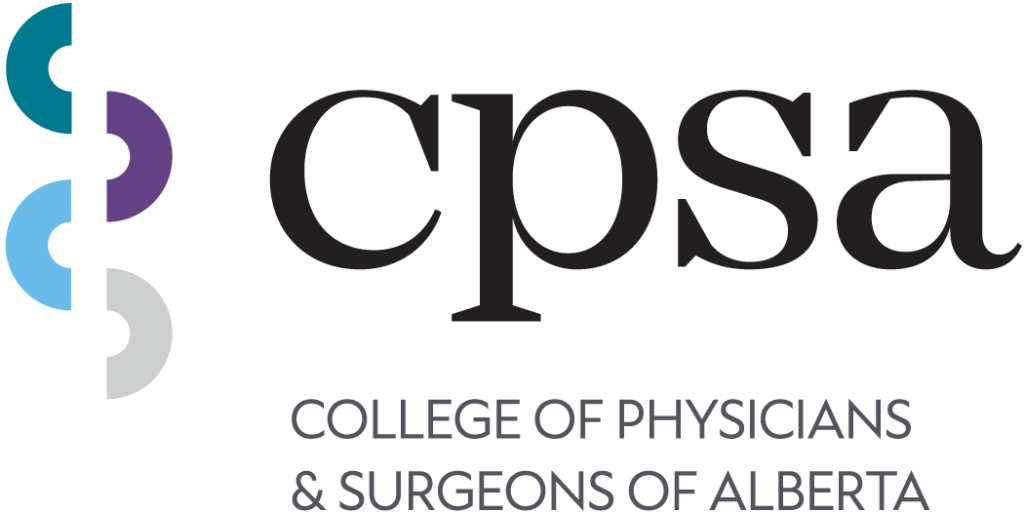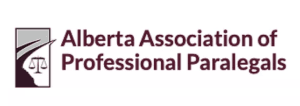ADR can stand for Alternative, Appropriate, or Adaptive Dispute Resolution. These definitions are used interchangeably throughout the ADR community to describe the different interpretations and expectations placed on dispute resolution processes.
Alternative has the longest history, and is used to suggest ADR as an alternative to the courts and litigation, embracing a variety of practices including: mediation, negotiation, facilitation, coaching, arbitration, consensus decision making, and restorative practices.
Appropriate is used to highlight the ADR community’s aim of being collaborative, respectful, and considerate of diverse viewpoints. It speaks to selecting the dispute resolution option that is most appropriate for the parties and their individual circumstances.
Adaptive is used when emphasizing the creative elements of ADR; the ability to come up with solutions not traditionally available through more formal processes like investigation or litigation.
You will find that Alternative is the term used most commonly by the ADR Institute of Alberta and its members.









